Riverbend Community Blog
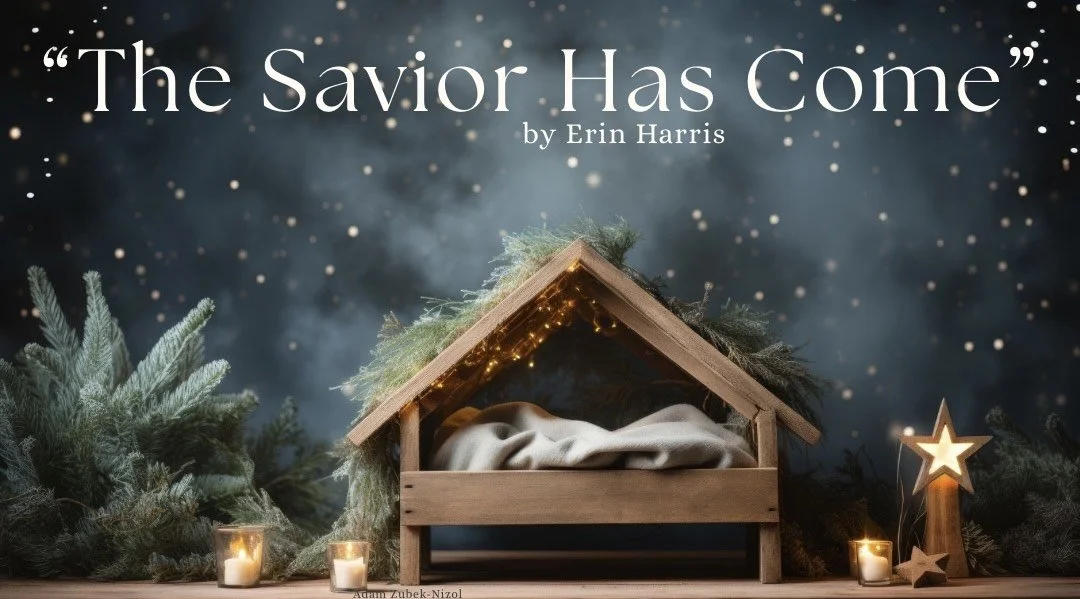
Advent Reflection: The Savior Has Come
Throughout our Advent, we have reflected on why we need a Savior, on the promises fulfilled in Jesus, the silence of the wait for Jesus to arrive, and the anticipation of the Savior’s birth. And now all these parts of the journey come together, as tonight, and maybe with family and friends tomorrow and in the coming days, we gather to celebrate the arrival of our Savior.
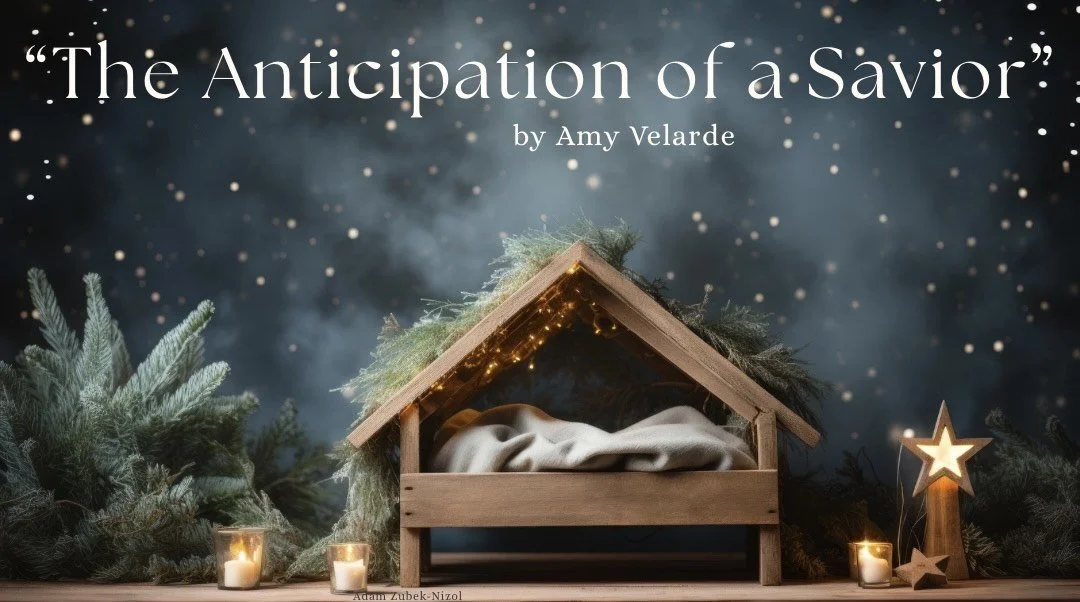
Advent Reflection: The Anticipation of a Savior
We are nearing the end of Advent and our journey to the Savior’s arrival. This week, we reflect on what it looks like to anticipate Jesus’s coming.
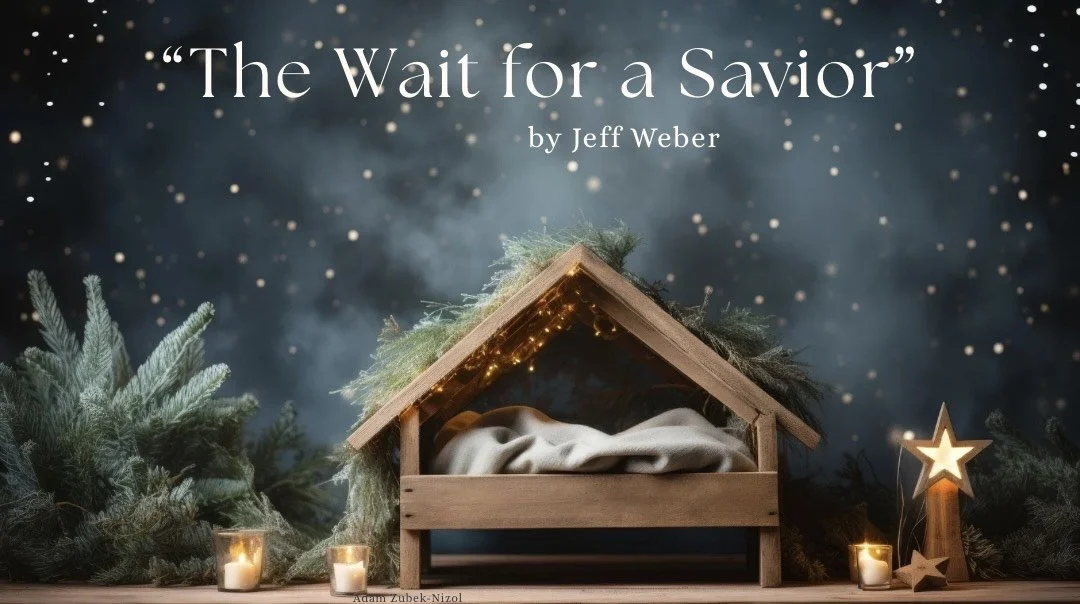
Advent Reflection: The Wait for a Savior
As we continue our journey to the Savior’s coming, we pause in the silence of the 400 years between the last prophetic speaking to God’s chosen people and the arrival of Jesus.
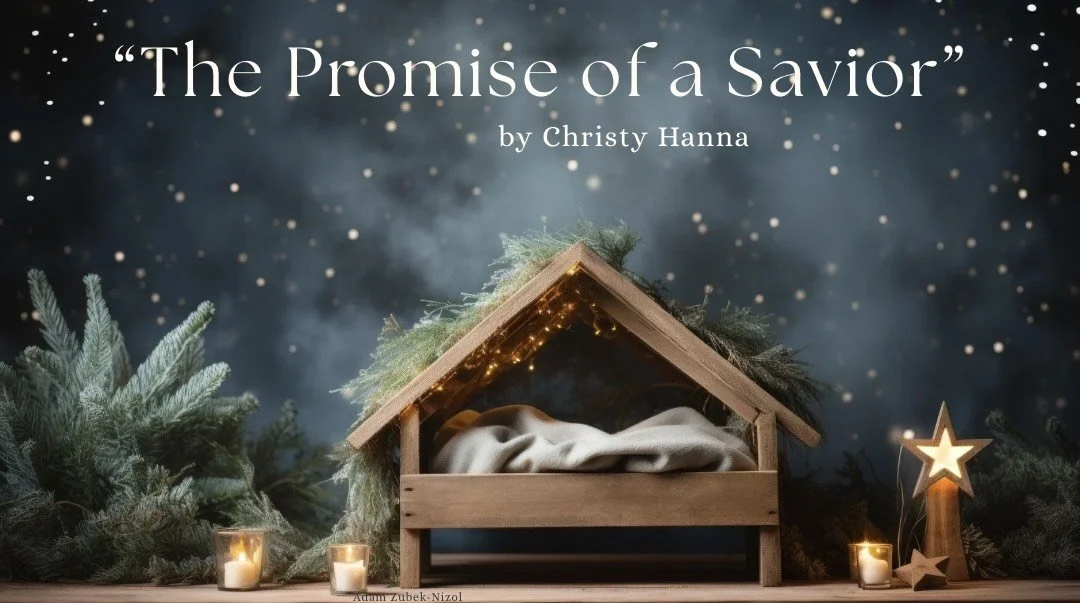
Advent Reflection: The Promise of a Savior
In the season of Advent, a time to slow and reflect on the coming of Jesus, the Son of God, into the world, we take a look at the prophesies announcing the coming of a Savior and our promise-keeping God.

Advent Reflection: The Need for a Savior
As we enter into the season of Advent, a time to slow and reflect on the coming of Jesus, the Son of God, into the world, we first spend some time reflecting on why we need a Savior.
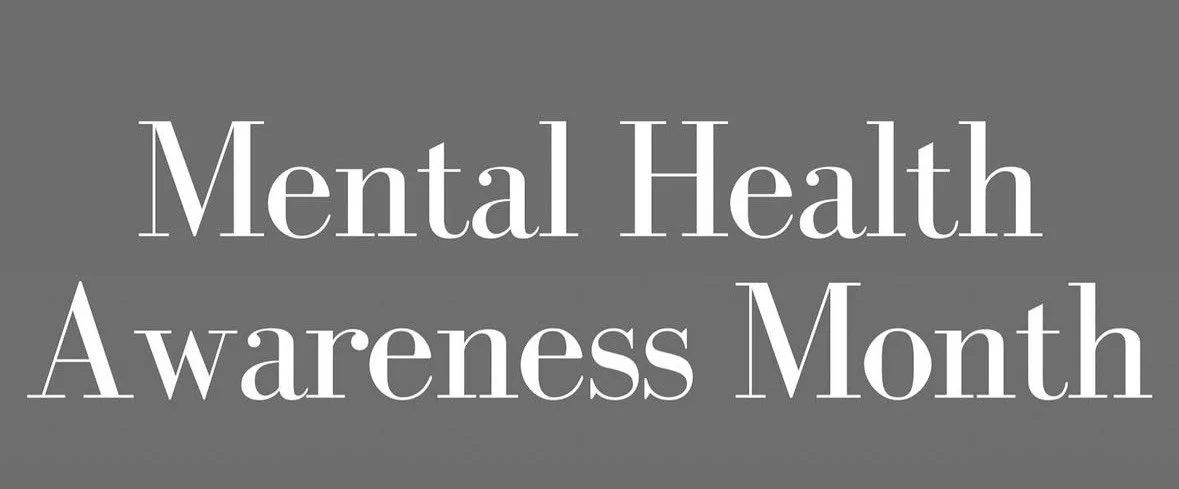
Mental Health Awareness Month
God cares about you as a whole person— and that includes your mental health.
